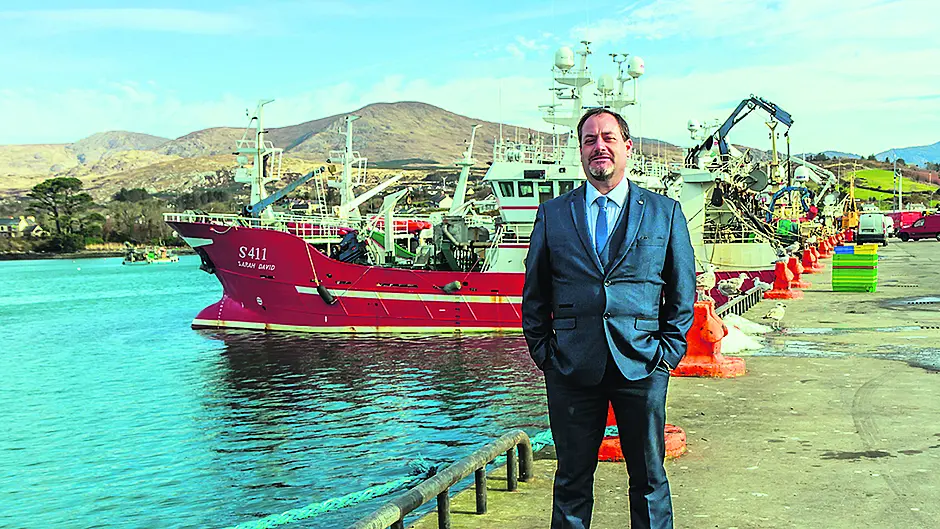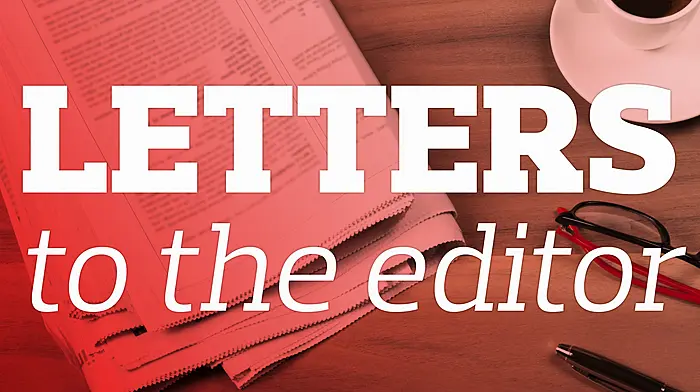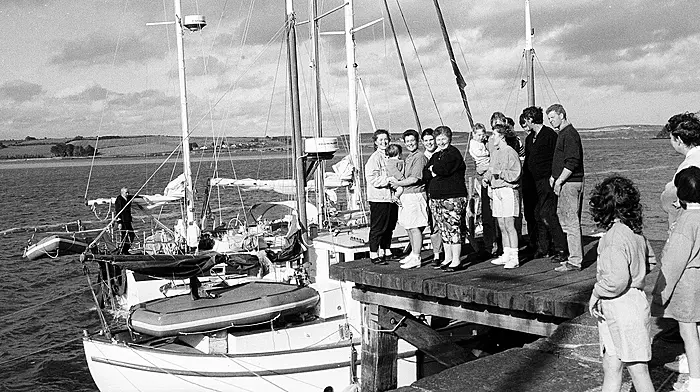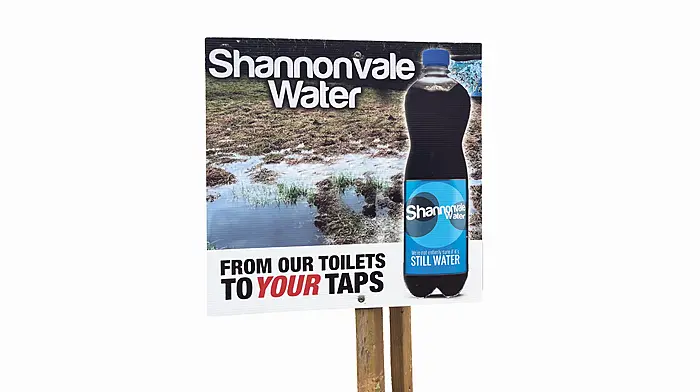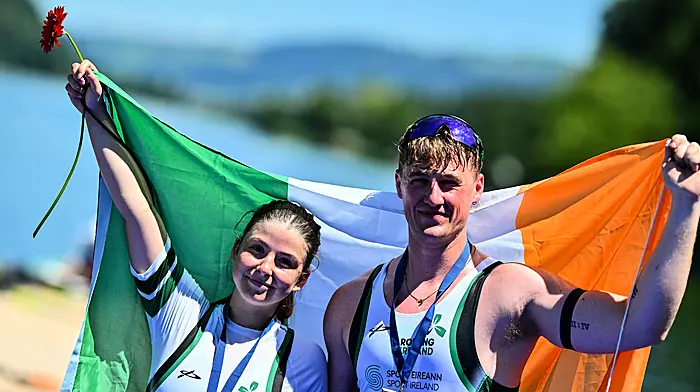THE chief executive of one of the country’s main fishing organisations has said it’s ‘Game Over’ for the Irish fishing industry if there’s a no-deal Brexit.
And he added that last week’s move by Taoiseach Micheál Martin to sign controversial penalty points rules into legislation was ‘one of the last nails in the coffin of the Irish fishing industry.’
Patrick Murphy, chief executive of the Irish South and West Fish Producers’ Organisation (IS&WFPO) which represents 490 fishing families, has starkly spelled out the nightmare scenario after December 31st if there is no deal on fishing territories.
And he said that last week’s decision by then-acting Marine Minister Micheál Martin, to sign contentious penalty points legislation for fishing breaches, was ‘dismaying’.
‘Two of our members challenged this legislation in our High Court and won,’ said Mr Murphy. He said Minister Creed tried again to introduce this flawed legislation, with little change, in 2019.
And he added that, through local Fianna Fáil TD Christopher O’Sullivan, the organisation has requested, and been granted, a meeting with the Taoiseach and the incoming Minister for Marine.
A spokesperson for Killybegs fishermen said the new law would leave no right of appeal to the High Court, except on a point of law and, incredibly, even if the fisherman is successful in the High Court, the penalty points would still remain on their licence.
Patrick Murphy said this latest move was another cruel cut to an already struggling industry.
‘In a no-deal Brexit, we will lose half of our fishing grounds, and the half that we retain could see an influx of up to 400 vessels that are currently fishing in the UK waters,’ he told the Southern Star’s Coronavirus Podcast recently.
‘We have 180 vessels, and 50 or 60 of them do the majority of their fishing in UK waters. They will have to come home too.’
He said our fishing fleet has to move around constantly, not just to not to catch fish, but also to avoid them, because quotas are now so tight.
‘It’s an absolute disaster. So on top of all the other complications, apart from going through England to get to the markets, and facing the French on the other side, to see will they actually let the fish in, all the boats coming in on top of us, our own boats coming back in, destroying our biologically sensitive grounds … I think it’s game over.’
He added that up to now, a lot of people in West Cork were unaware of how important the industry is to the local economy.
However, a BIM report into the economic driver in Castletownbere and the Beara peninsula showed that fishing accounted for 84% of the local economy. ‘It’s the engine that drives the economy of the Beara peninsula,’ he said. ‘There is a factory in Baltimore that provides jobs all year ‘round – you take these out of our communities and you won’t have them replaced.’
He pointed to the example of Sherkin island which once had a thriving fishing industry and yet today it doesn’t even have a national school.
‘That school is closed now and there’s a good population of people inside there, but there are no young people staying inside there, because jobs are not being created, and the fishing industry was a very important part.’
And he urged the people of West Cork who feel concerned for the future of the industry to write letters to their local papers, contact their politicians and start asking questions. ‘If you feel there is a need here to pay little bit more attention to your fishing industry, we would really appreciate it,’ he urged. He said he had raised the issue with two past Taoisigh and will be raising it with Micheál Martin too.
Referring to huge numbers of whales and dolphins off our coast, he said: ‘It’s great to see them, but they’re not coming here on holidays. They are coming here for food and the food they are eating is the fish we are also trying to catch as fishermen, just to stay afloat.’

